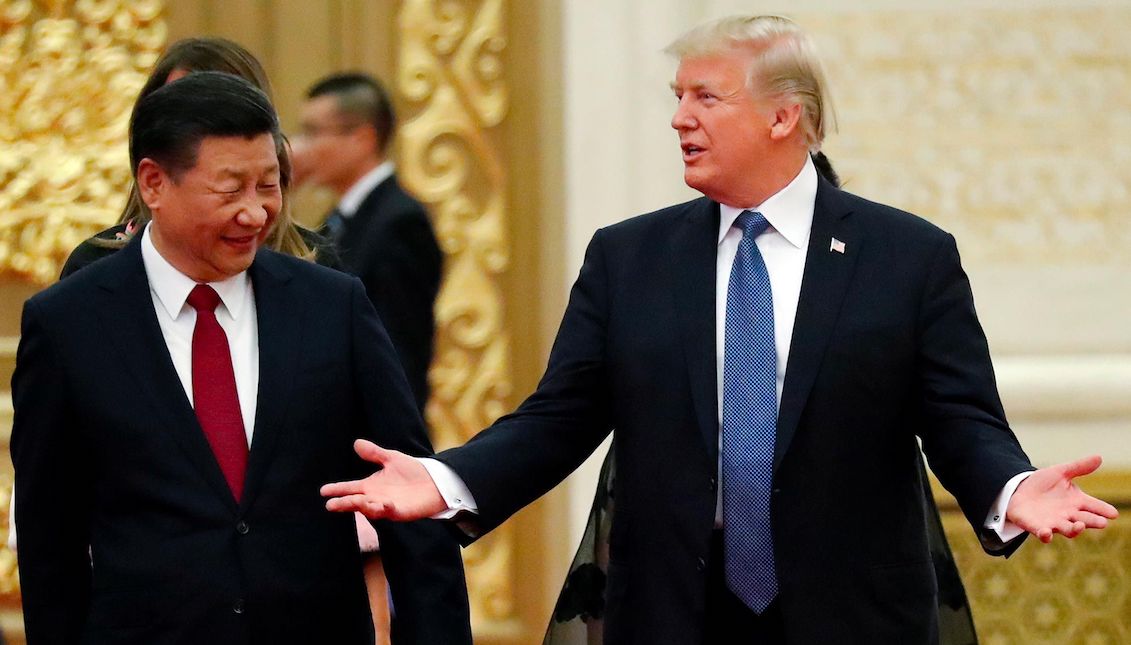
Trump vs. China in less than 500 words
Following their meeting in Argentina during last week's the G20 Summit, the United States and China have reached a temporary agreement to suspend the…
President Donald Trump has dedicated his government to fighting constant battles with certain actors, both domestic and international.
Immigrants, the Democratic Party, the media, and especially China, have been his favorite enemies.
His conflict with the Asian powerhouse began during his presidential campaign, when he promised to stop "China’s longtime abuse of the broken international system and unfair practices."
On the basis of Section 301 of the Trade Act of 1974, the Trump Administration accused the Chinese government of "violating intellectual property rights". Under this section, the U.S. president obtains the authority to "impose fines or other sanctions unilaterally" on a business partner that is alleged to be "unfairly damaging the economic interests" of the country.
Consequently, Trump announced in January 2018 the imposition of a 30 percent tariff on foreign solar panels, affecting one of the first Chinese export products. He also imposed a tariff of 20 percent on washing machines, and he advanced a package of 50 to 60 billion dollars in tariffs during the following months.
For its part, the Chinese government responded in April with tariffs on 128 products imported from the United States, which included aluminum, airplanes, automobiles, pork and other foods.
From that moment on, the threats increased, demonstrating the possibility of a 25 percent tariff on Chinese exports amounting to more than 50 billion dollars.
RELATED CONTENT
This confrontation put investors and international markets on the edge of their seats, creating a burst of economic crisis due to speculation.
According to the BBC, the slowdown in the Chinese economy has forced the government led by Xi Jinping to seek some kind of agreement with the United States.
"There is some evidence that companies in China are being affected by the trade war," the newspaper explains. "But for now, the new 10 percent tariff has been manageable - an increase of 25 percent would change things dramatically."
In the same way, the United States has its hands full with the consequences of the new trade deal with Mexico and Canada, called the USMCA, and the closing of important car factories in the country.
As a result, both countries agreed to "immediately begin the negotiations on structural changes with respect to the forced transfer of technology, the protection of intellectual property, non-tariff barriers, cyber intrusions, and cyber-thefts, services and agriculture," during the next 90 days.











LEAVE A COMMENT: